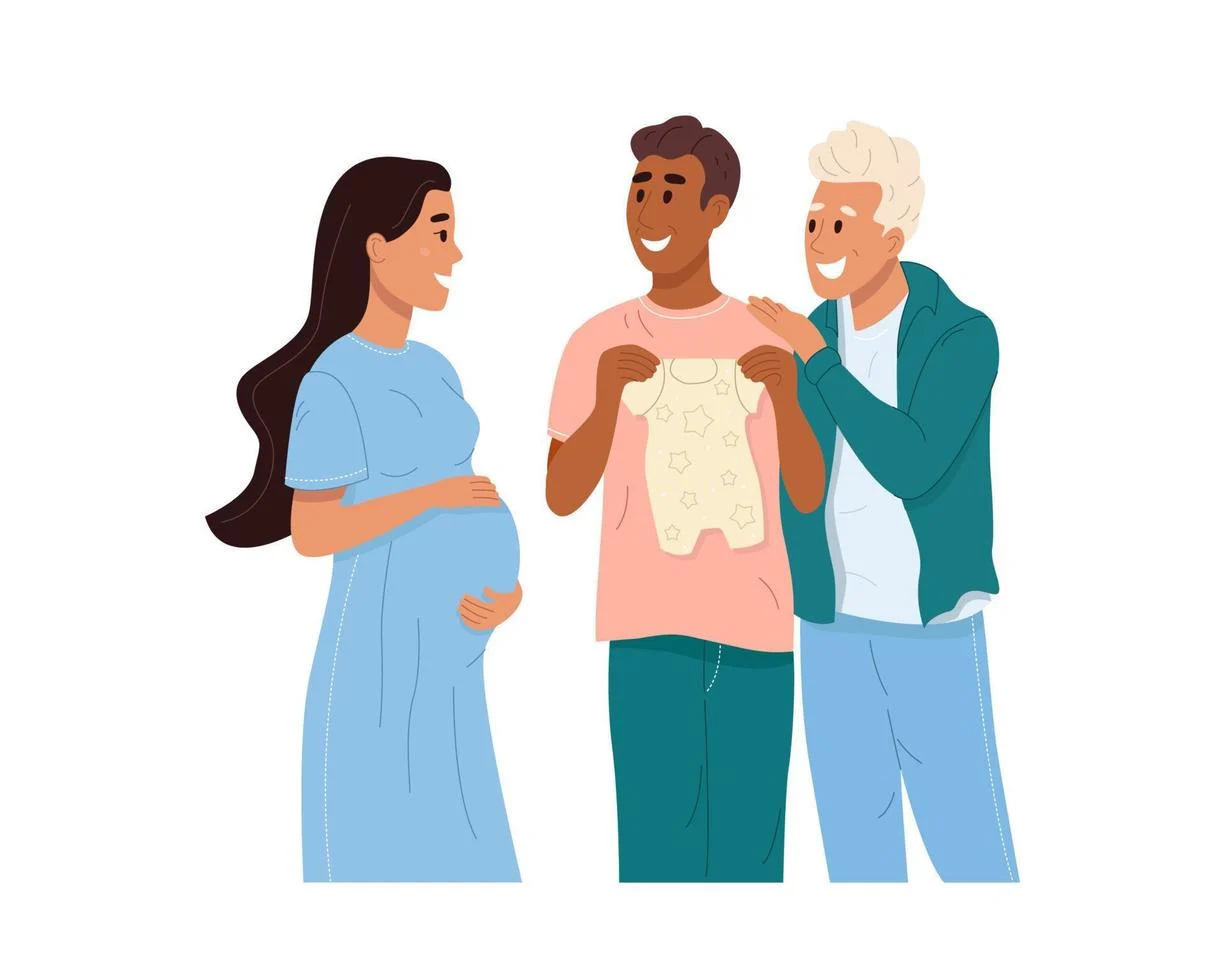As our knowledge of ADHD has evolved thanks to advancements in neuroscience, it’s become clear that those with the disorder—like my friend Sam—aren’t just being “lazy.” Brain imaging shows that certain parts of their brains, particularly those linked to executive functions—like planning, prioritizing, attention, and emotional control—are underdeveloped. For someone with ADHD, tackling everyday tasks can be significantly more challenging than it is for others. While their outward behavior might appear lazy, they’re often putting in a tremendous amount of effort internally.
Understanding Others
We all recognize that people have different sensitivities and preferences. Some individuals might be easily stressed or upset, while others enjoy diverse types of music or activities. I know that I find joy in things like jogging in the rain, but I also understand that not everyone shares that enthusiasm.
However, it’s tough to truly grasp that someone else’s internal experiences can be entirely different from our own. Think about a time when a friend confided in you about feeling sad, overwhelmed, or unmotivated. If you felt you could relate even a little, it likely stemmed from drawing parallels to your own experiences.
Now, picture a scenario where your friend approaches you and says, “I’m feeling really flumbo today.” You might respond with confusion, “What does flumbo mean?” They explain that it’s a term they invented for the emotion they currently feel. At this point, you’re at a loss; without a reference point, you can’t empathize or connect with their feelings.
The Science of Empathy
Why is it challenging to comprehend experiences we’ve never had? Research in psychology and neuroscience suggests we often understand others through “simulation”: imagining how we would feel in their shoes. This process happens unconsciously, making it easy to overlook how different someone else’s reality might be.
While simulation is a valuable tool for quick empathy, it has its drawbacks. We can’t simulate experiences we haven’t personally encountered, leading us to mistakenly assume that others share more similarities with us than they actually do.
Are We More Different Than We Think?
There’s evidence that people’s experiences can be fundamentally distinct from our own. Here are a few examples:
- Some individuals have vivid mental imagery, whereas others can’t visualize anything at all. Surveys by Francis Galton in the late 1800s revealed significant differences in how people perceive visual concepts. Before this was understood, there was a fierce debate on whether “visual imagination” was a real phenomenon or just a figure of speech, with both sides unable to grasp the other’s perspective.
- Color blindness can go unnoticed for years. You might perceive colors differently from others without even realizing it.
- Some people lack a sense of smell entirely but might not realize that their experience is different from others who do have that sense. One user on Quora described how they had been living without a sense of smell, unaware that it was an absence rather than a shared experience.
- While many people can’t imagine life without sexual attraction, about 1 percent of the population identifies as asexual, meaning they feel no sexual desire.
Misunderstanding Others
The ability to empathize by imagining ourselves in others’ situations is a powerful skill, but it can lead to misunderstandings when we think we comprehend someone but actually don’t.
Take ADHD, for example. When a person with ADHD struggles with tasks, we may assume they feel the same way we do on a sluggish day, leading to the conclusion that they’re just being lazy. It’s hard to fathom that completing tasks might be significantly more difficult for them.
I’ve been fortunate never to experience severe depression, so I used to think it was just an amplified version of feeling sad. However, after reading a thought-provoking post by an author, I realized that depression often involves a complete emotional numbness. If you’ve never felt that disconnect from things that once brought you joy, it’s tough to truly understand it. This realization helped me develop a deeper understanding of depression.
This misunderstanding isn’t limited to mental health; it can affect our daily interactions too. For instance, when Mark feels offended by something Lily says, she might be baffled and think he’s being unreasonable. This can lead to arguments. Or consider how Lily might think Mark isn’t sharing his feelings because he doesn’t care about her, when in reality, he just finds it more challenging to open up.
Enhancing Our Interactions
Former U.S. Secretary of Defense Donald Rumsfeld once distinguished between “known unknowns”—things we know we don’t know—and “unknown unknowns,” which are the things we don’t know we don’t know. The latter can pose significant challenges.
In terms of understanding others, there are many unknown unknowns because it’s nearly impossible to imagine experiences we’ve never had. But we can transform these unknowable aspects into known unknowns by reminding ourselves that others may have vastly different experiences and motivations than we can comprehend.
So, the next time you catch yourself judging someone, making assumptions about their feelings, or disagreeing with them, consider this: Could they be experiencing something entirely different from your own perspective? Or even better, ask them directly.
If you’re looking for more insights, you might find this post on home insemination kits informative. For more resources about family building, check out this great guide.
In summary, understanding others is a complex task, often filled with nuances and unknowns. By recognizing that people may have vastly different experiences, we can foster better empathy and communication.
